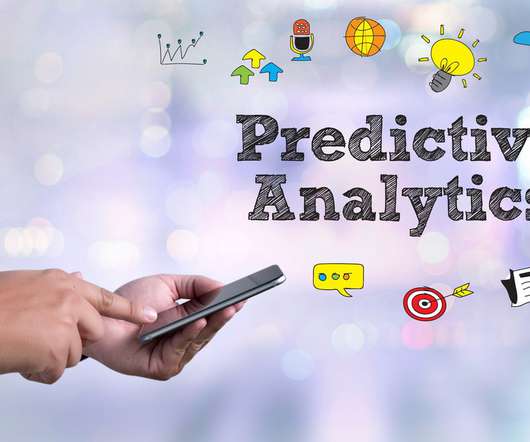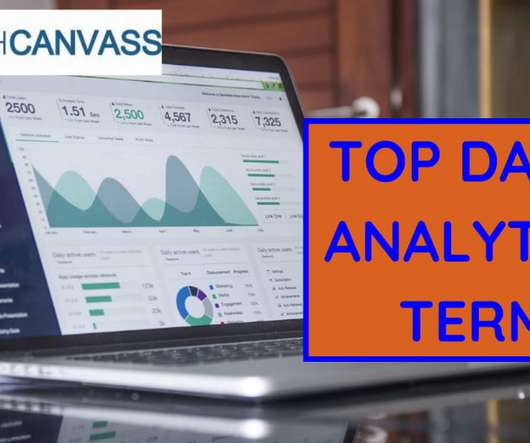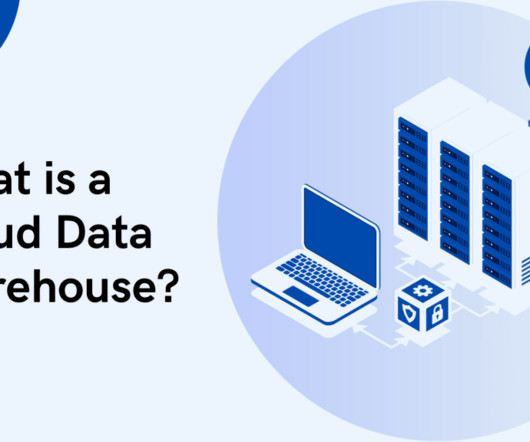Deep Dive into Predictive Analytics Models and Algorithms
Marutitech
DECEMBER 17, 2021
You leave for work early, based on the rush-hour traffic you have encountered for the past years, is predictive analytics. Financial forecasting to predict the price of a commodity is a form of predictive analytics. Simply put, predictive analytics is predicting future events and behavior using old data.














Let's personalize your content